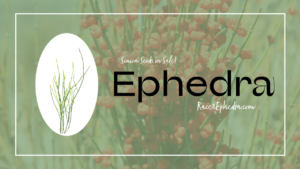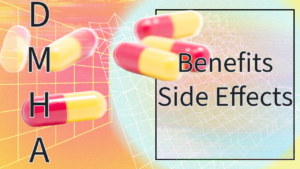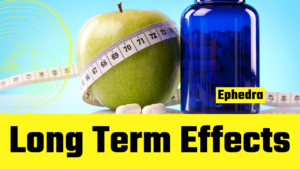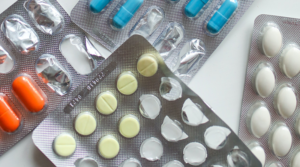Ephedra, also known as Ma-Huang, is an herbal extract that has been used for centuries in traditional Asian medicine. With its potential to promote weight loss, enhance athletic performance, and ignite thermogenesis, Ephedra has gained significant attention in the bodybuilding community. In this comprehensive guide, we will delve into the efficacy, safety, and optimal dosages of Ephedra for bodybuilding purposes.
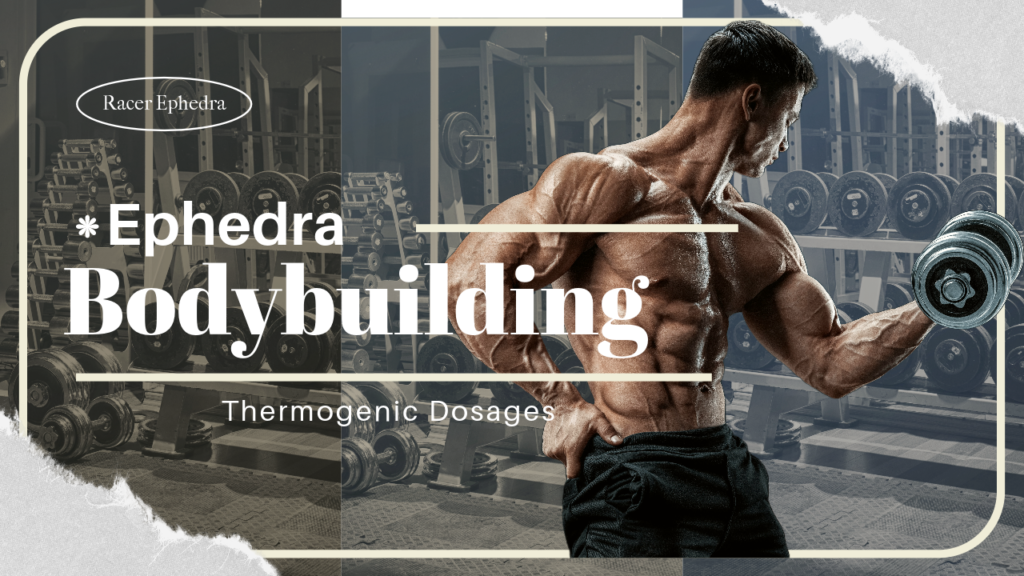
Understanding Ephedra: A Powerful Thermogenic Agent
The Origins and Potential Benefits of Ephedra
Ephedra, derived from the plant Ephedra sinica, has a long history of use in traditional medicine for the treatment of asthma, coughs, and fever. Recent scientific studies have shed light on its potential benefits, including anti-arthritic, antioxidant, anti-inflammatory, anti-obesity, and neuroprotective effects. Furthermore, Ephedra has been found to increase the resting metabolic rate and facilitate weight loss in obese individuals. These findings have sparked interest in exploring Ephedra’s role in bodybuilding and athletic performance.
The Different Types of Adipocytes and the Role of Ephedra
In the human body, there are three types of adipocytes: white, beige, and brown. While white adipocytes primarily store energy, beige and brown adipocytes are involved in non-shivering thermogenesis, a process that dissipates stored energy as heat [^6^]. Ephedra has been shown to promote browning of white adipocytes, leading to increased mitochondrial biogenesis, activity, and expression of uncoupling protein 1 (UCP1), which regulates the production of heat. This thermogenic effect of Ephedra makes it an attractive option for bodybuilders looking to enhance their metabolism and burn fat.
The Efficacy and Safety of Ephedra for Bodybuilding
Assessing the Efficacy of Ephedra: Weight Loss and Athletic Performance
Numerous studies have investigated the efficacy of Ephedra for weight loss and athletic performance. Pooled results from controlled trials comparing Ephedra to placebo have shown modest short-term weight loss, with an average of approximately 0.9 kg per month more than placebo. However, it is important to note that the duration of these trials did not exceed 6 months, and there is a lack of data regarding long-term weight loss.
In terms of athletic performance, the evidence supporting the use of Ephedra is insufficient. While some studies have reported potential performance-enhancing effects, the heterogeneity of these studies prevents a conclusive synthesis of the results. Further research is needed to determine the extent of Ephedra’s impact on athletic performance.
Safety Considerations: Adverse Effects and Dosage
When considering the use of Ephedra, it is crucial to understand the potential risks and adverse effects associated with its consumption. Ephedra and ephedrine, its principal active constituent, have been linked to an increased risk of psychiatric, autonomic, and gastrointestinal symptoms, as well as heart palpitations. The safety data from trials indicate a 2.2- to 3.6-fold increase in the odds of experiencing these adverse effects.
To mitigate the risks, it is essential to follow recommended dosage guidelines. The appropriate dosage of Ephedra for bodybuilding purposes may vary depending on individual factors such as weight, tolerance, and desired outcomes. It is advisable to start with a low dosage and gradually increase it while closely monitoring any adverse effects. Consulting with a healthcare professional or qualified fitness expert is strongly recommended before incorporating Ephedra into your bodybuilding regimen.
Optimal Dosage of Ephedra for Bodybuilding
Determining the optimal dosage of Ephedra for bodybuilding requires careful consideration of several factors. These include individual tolerance, desired outcomes, and any pre-existing medical conditions. While there is no standardized dosage, bodybuilders typically start with a low dosage of 20-25mg per day and gradually increase it based on their tolerance and response. However, it is crucial to adhere to safe dosage limits and avoid exceeding the recommended daily intake.
It is important to note that the dosage of Ephedra should be complemented with a well-balanced diet and a consistent exercise routine. Ephedra is not a magic pill for achieving desired bodybuilding results. Instead, it should be viewed as a supplement that can enhance your efforts when used responsibly and in conjunction with a healthy lifestyle.
Conclusion: Harnessing the Power of Ephedra for Bodybuilding Success
Ephedra holds great promise as a thermogenic agent for bodybuilders seeking to optimize their performance and achieve their desired physique. While it has shown efficacy in promoting short-term weight loss and potential performance enhancement, it is essential to carefully consider the safety concerns and adhere to recommended dosage guidelines.
If you are considering incorporating Ephedra into your bodybuilding regimen, consult with a healthcare professional or qualified fitness expert to ensure its safe and effective use. Remember, Ephedra is just one piece of the puzzle, and achieving bodybuilding success requires a holistic approach that combines proper nutrition, regular exercise, and disciplined training.
Harness the power of Ephedra, unlock your body’s thermogenic potential, and embark on a transformative bodybuilding journey like never before.
References
- Abstract, Ephedra and ephedrine for weight loss and enhanced athletic performance: A systematic review, https://www.ncbi.nlm.nih.gov/pmc/articles/PMC2238934/
- ), also known as Ma-Huang, is a herbal extract that has been utilized in traditional Asian medicine to treat asthma, coughs and fever, https://pubmed.ncbi.nlm.nih.gov/28627214/
- Anand AC, Nandi B, Acharya SK, Arora A, Babu S, Batra Y, Chawla YK, Chowdhury A, Chaoudhuri A, Eapen EC (2020) Indian national association for the study of the liver consensus statement on acute liver failure (Part 1): epidemiology, pathogenesis, presentation and prognosis, https://www.sciencedirect.com/science/article/pii/S0973689720301309
- Avois L, Robinson N, Saudan C, Baume N, Mangin P, Saugy M (2006) Central nervous system stimulants and sport practice, https://bjsm.bmj.com/content/40/Suppl_1/i16.short
- Bagheri-Gavkosh S, Bigdeli M, Shams-Ghahfarokhi M, Razzaghi-Abyaneh M (2009) Inhibitory effects of Ephedra major host on Aspergillus parasiticus growth and aflatoxin production, https://link.springer.com/article/10.1007/s11046-009-9220-x
- Ben Lamine J, Boujbiha MA, Dahane S, Cherifa AB, Khlifi A, Chahdoura H, Yakoubi MT, Ferchichi S, El Ayeb N, Achour L (2019) Alpha-Amylase and alpha-glucosidase inhibitor effects and pancreatic response to diabetes mellitus on Wistar rats of Ephedra alata aereal part decoction with immunohistochemical analyses, https://link.springer.com/article/10.1007/s11356-019-04339-3
- Ben-Arye E, Mahajna J, Aly R, Ali-Shtayeh MS, Bentur Y, Lev E, Deng G, Samuels N (2016) Exploring an herbal “wonder cure” for cancer: a multidisciplinary approach, https://link.springer.com/article/10.1007/s00432-016-2175-7
